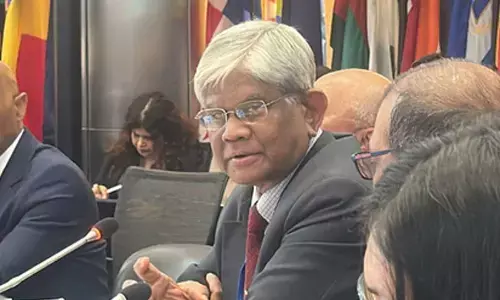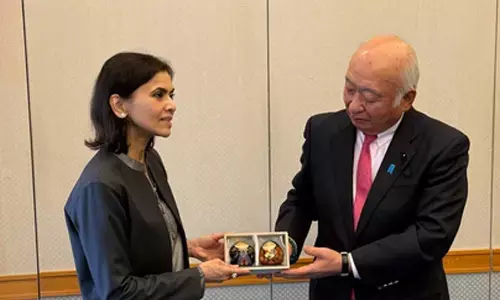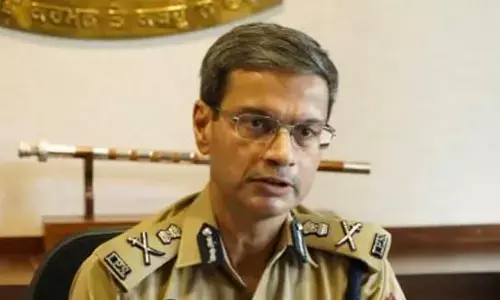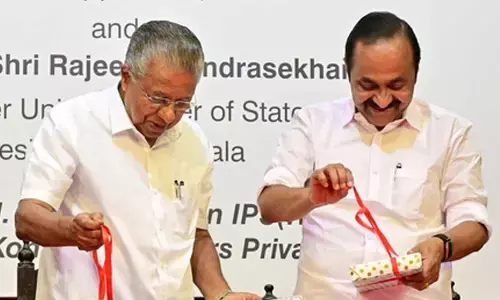State government to modify Akrama Sakrama rules to enable holders to get land ownership
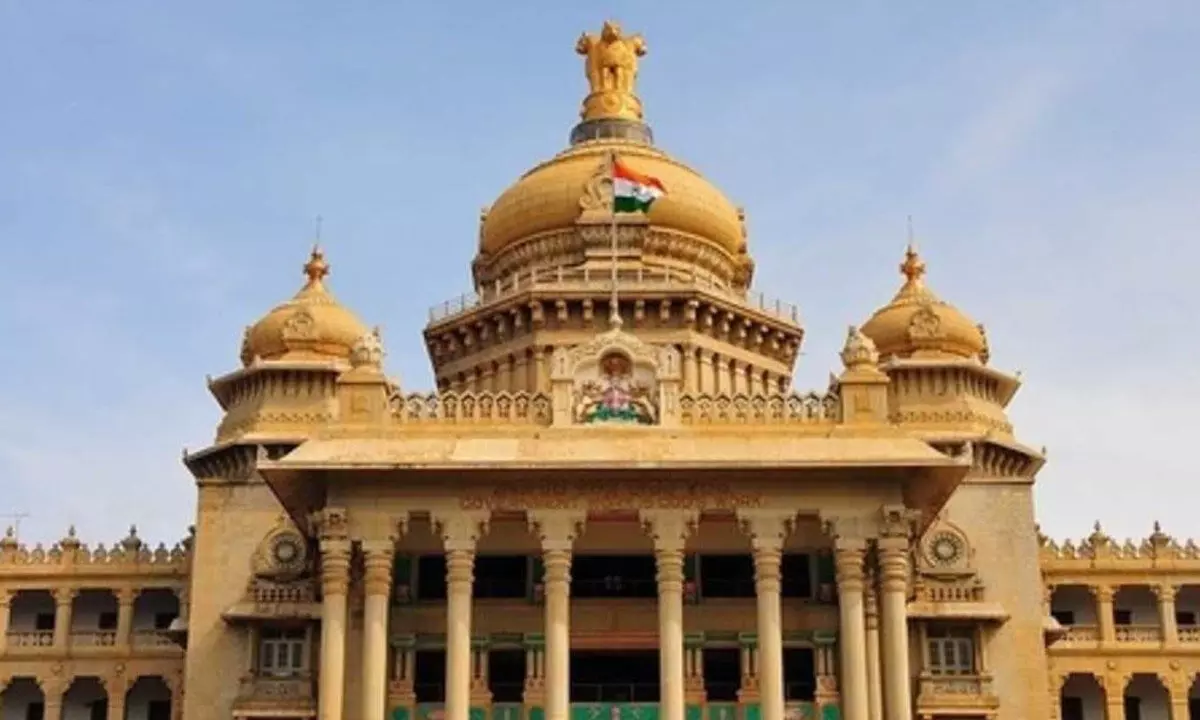
In a move towards addressing long-standing land cultivation issues, the Karnataka state government is set to launch a new program facilitating the legalization of agricultural land under the Bagar Hukum system
Bengaluru: In a move towards addressing long-standing land cultivation issues, the Karnataka state government is set to launch a new program facilitating the legalization of agricultural land under the Bagar Hukum system. Aimed at providing relief to farmers who have been cultivating on government land for an extended period, the initiative is poised to leverage technology for a streamlined and efficient process.
The Bagar Hukum system, established by the State Revenue Department, requires applicants to submit Form 57 for the legalization of agricultural land. Under this system, the state government is committed to verifying applications and issuing cultivation vouchers to eligible individuals. Notably, only those who have been actively cultivating the land for a minimum of fifteen years will be considered for this program.
The Bagar Hukum scheme traces its origins back to 1980 when the government allocated two acres of land to landless farmers for agricultural activities. However, the beneficiaries of this scheme did not receive the title deed for the land they cultivated. Subsequently, applications were invited in the forms of Form 50 (1991), Form 53 (1999), and Form 57 (2018) under the Karnataka Land Revenue Act, 1964. The application window extends until April 2023, exclusively for those who have been engaged in cultivation for the past 15 years.
In a strategic shift, the state government has decided to employ technology to verify these applications, eliminating the need for physical verification and reducing the potential for irregularities. The Indian Space Research Organisation (ISRO) and the Karnataka Remote Sensing Application Center will collaborate to collect and analyze satellite images spanning fifteen years, ensuring that the land goes to deserving beneficiaries and avoids ineligible claims.
The Revenue Minister Krishna Byregowda highlighted that in cases where satellite images do not provide evidence of cultivation, applications will be promptly canceled. To further expedite the process, taluk-level committees will be formed to scrutinize and issue cultivation certificates to eligible applicants. The government aims to dispose of pending applications within six months, emphasizing efficiency and transparency in the implementation of the Bagar Hukum program.
In a parallel initiative, the state government is addressing the issue of illegal buildings in Bengaluru through the Akrama Sakrama Yojana. This project enables owners of apartment flats to regularize their buildings by paying fines, acknowledging the challenges posed by the growing population and the subsequent rise in demand for housing. The scheme imposes uniform penalties based on the percentage of construction violations, ranging from 6% to 25% of the current value of the property.
The comprehensive approach by the Karnataka state government reflects a commitment to harnessing technology for efficient governance while addressing longstanding issues related to land cultivation and unauthorized constructions. These initiatives underscore the state's dedication to promoting transparency, accountability, and equitable access to land and housing.








